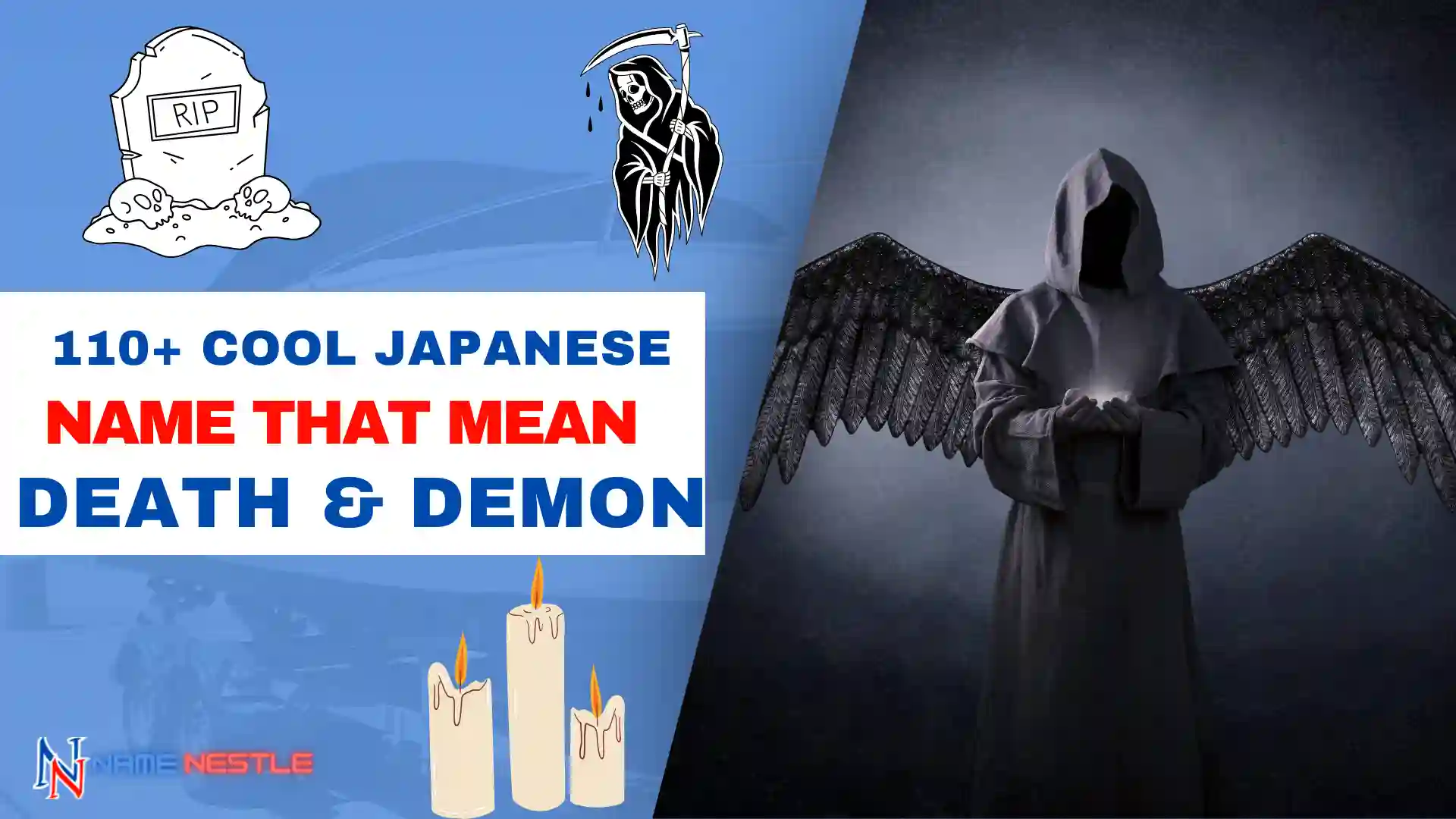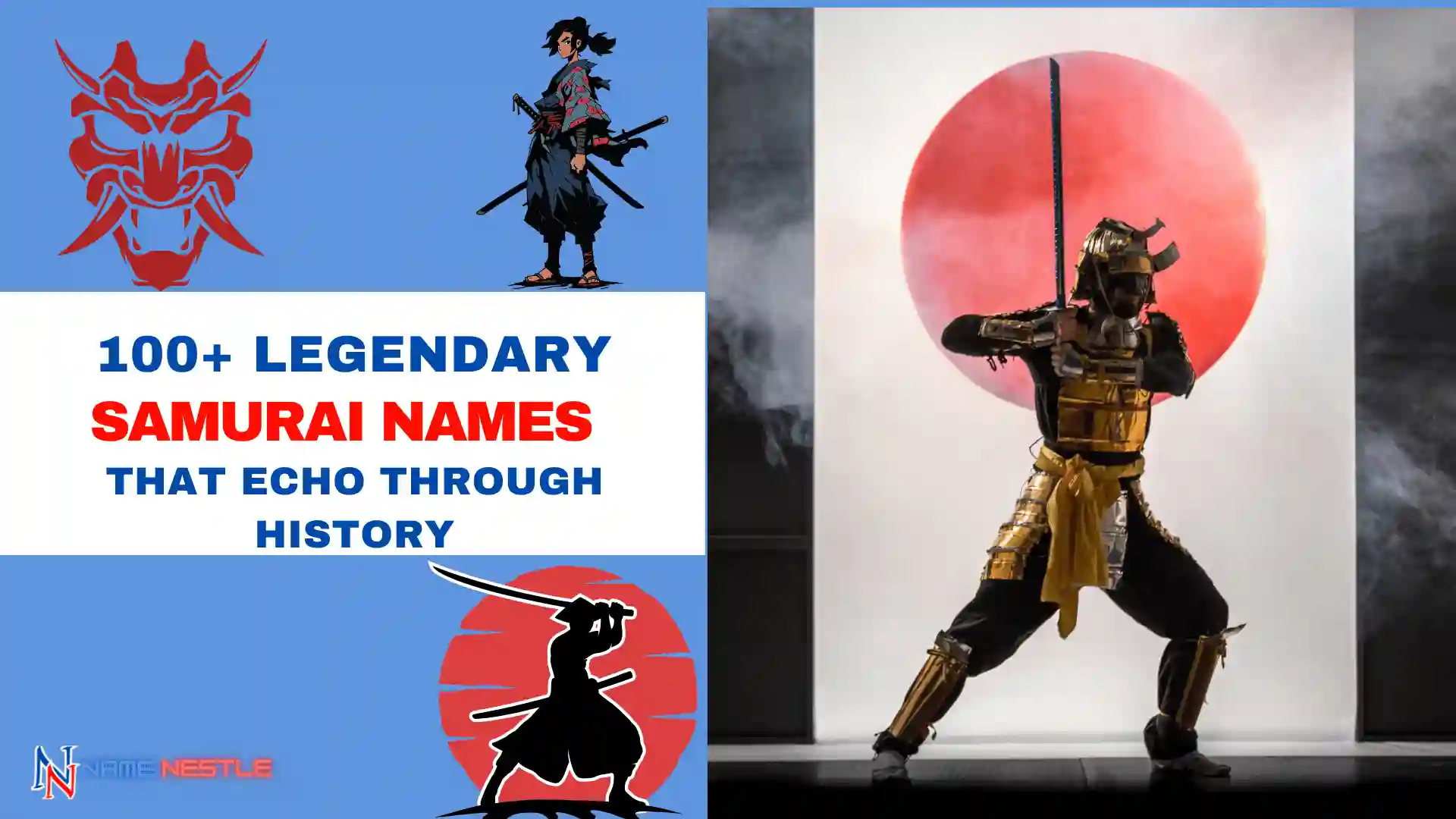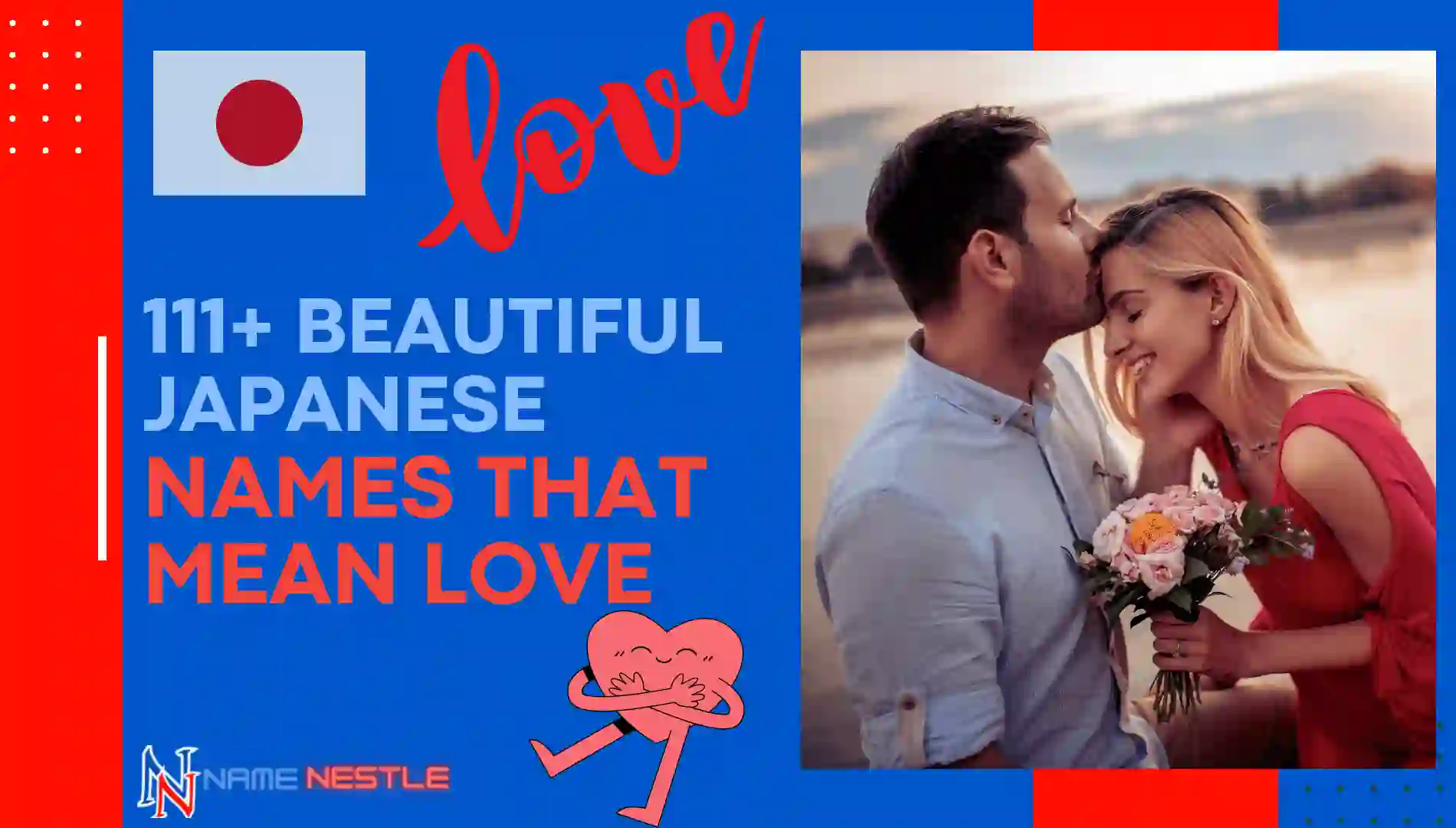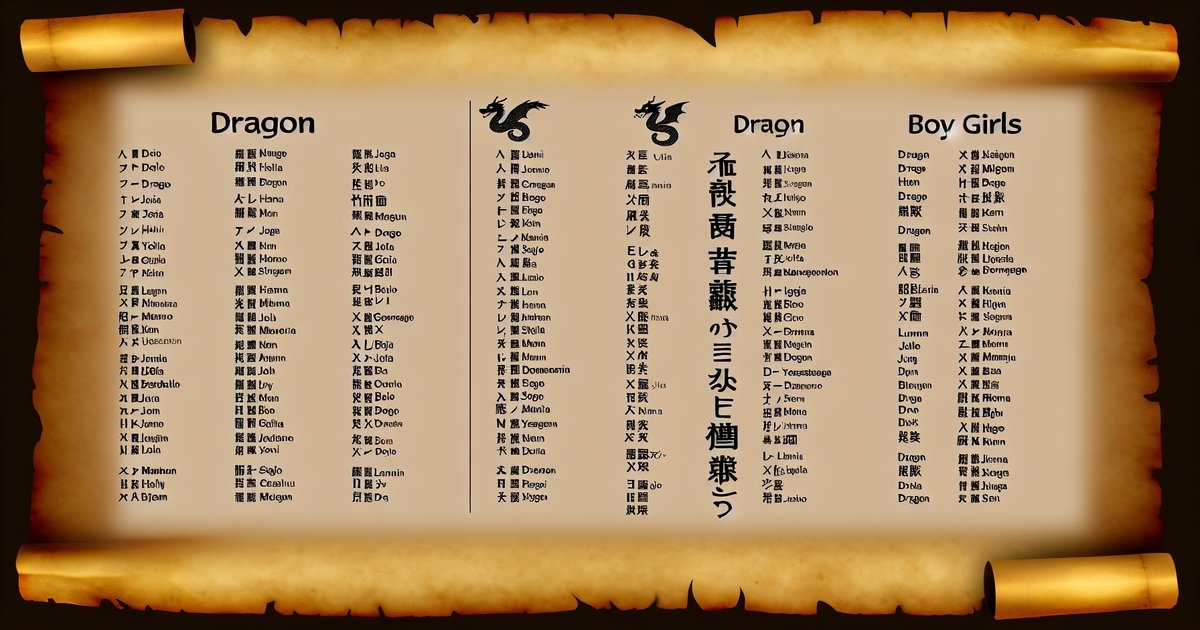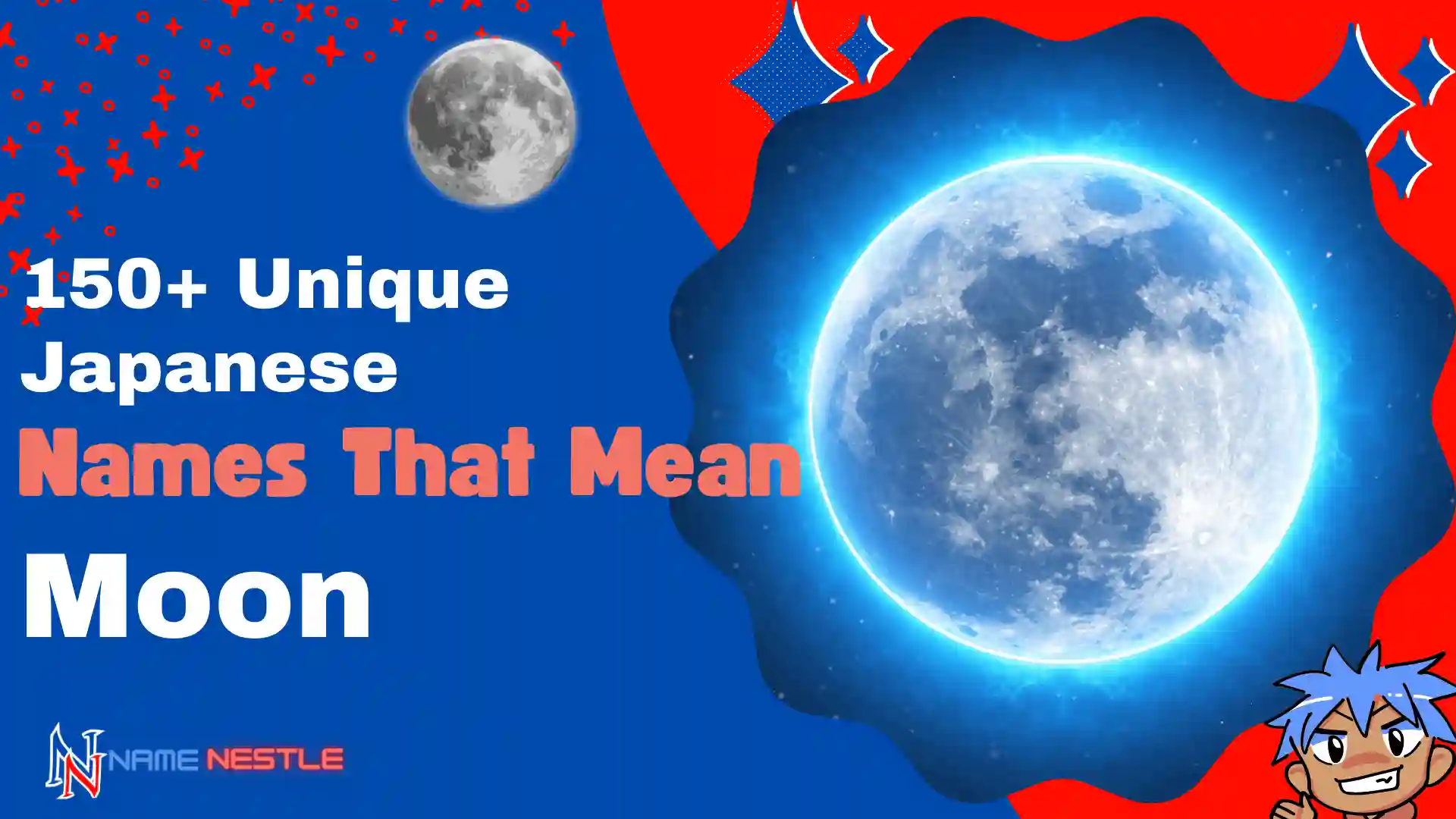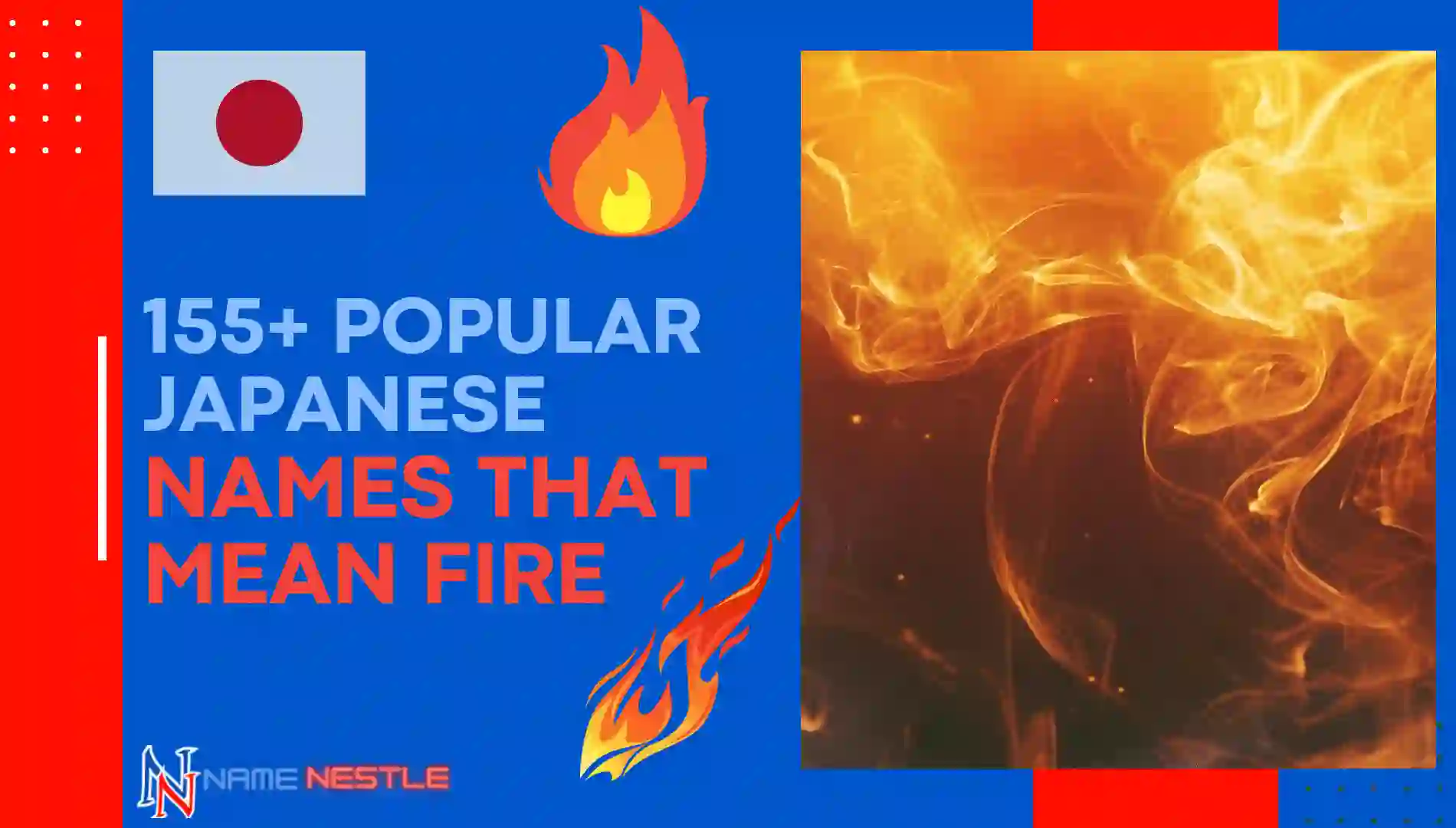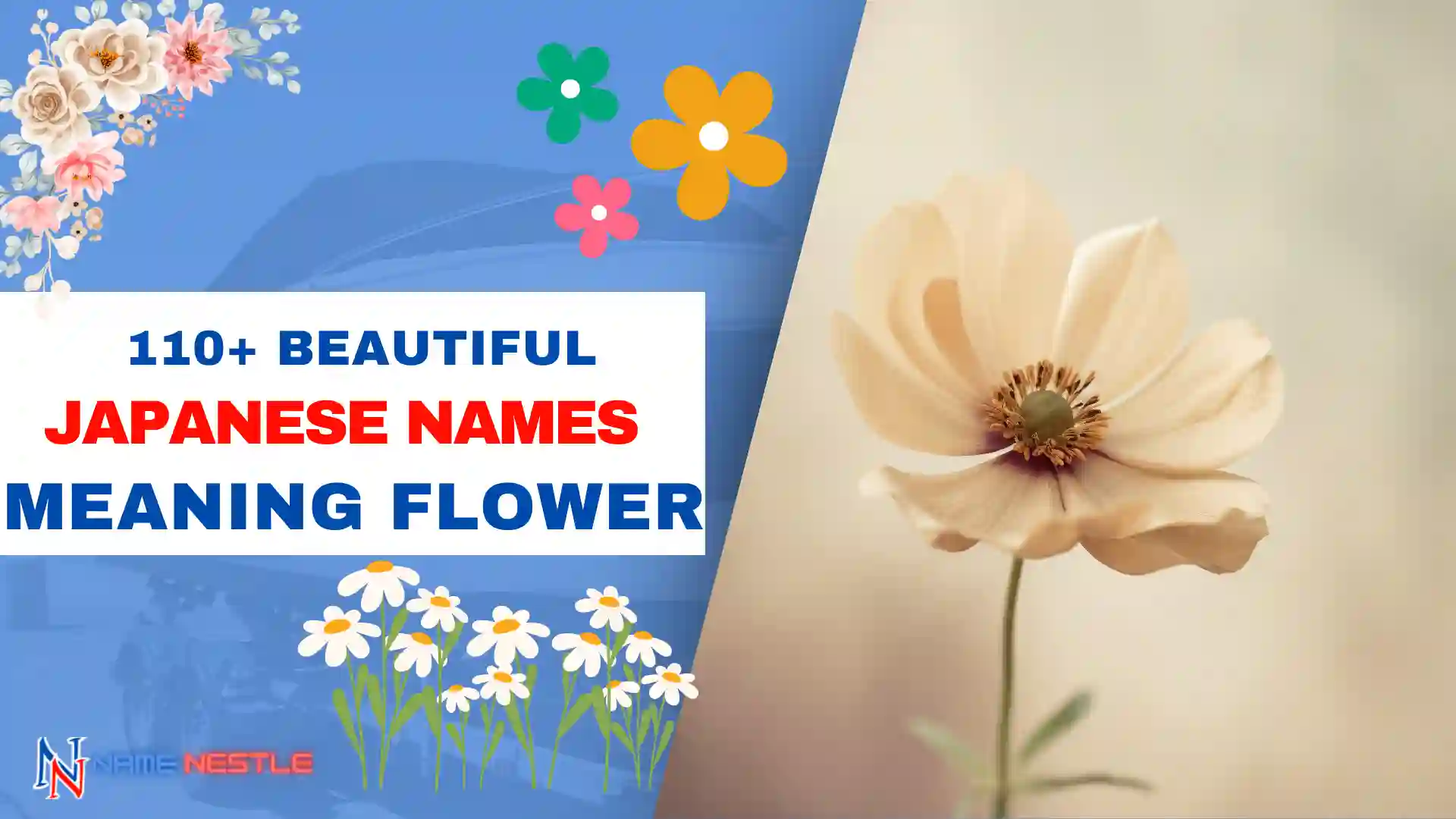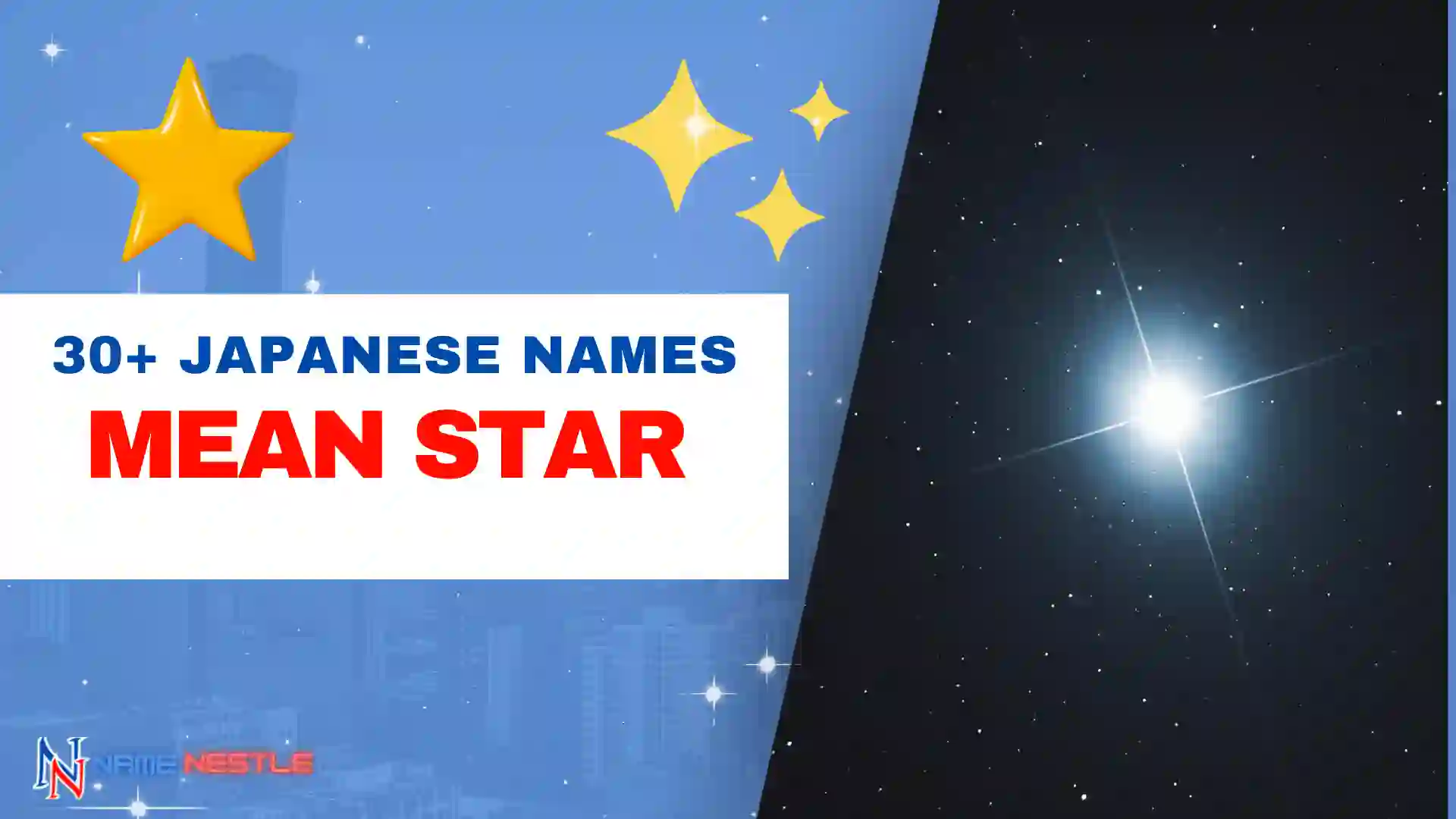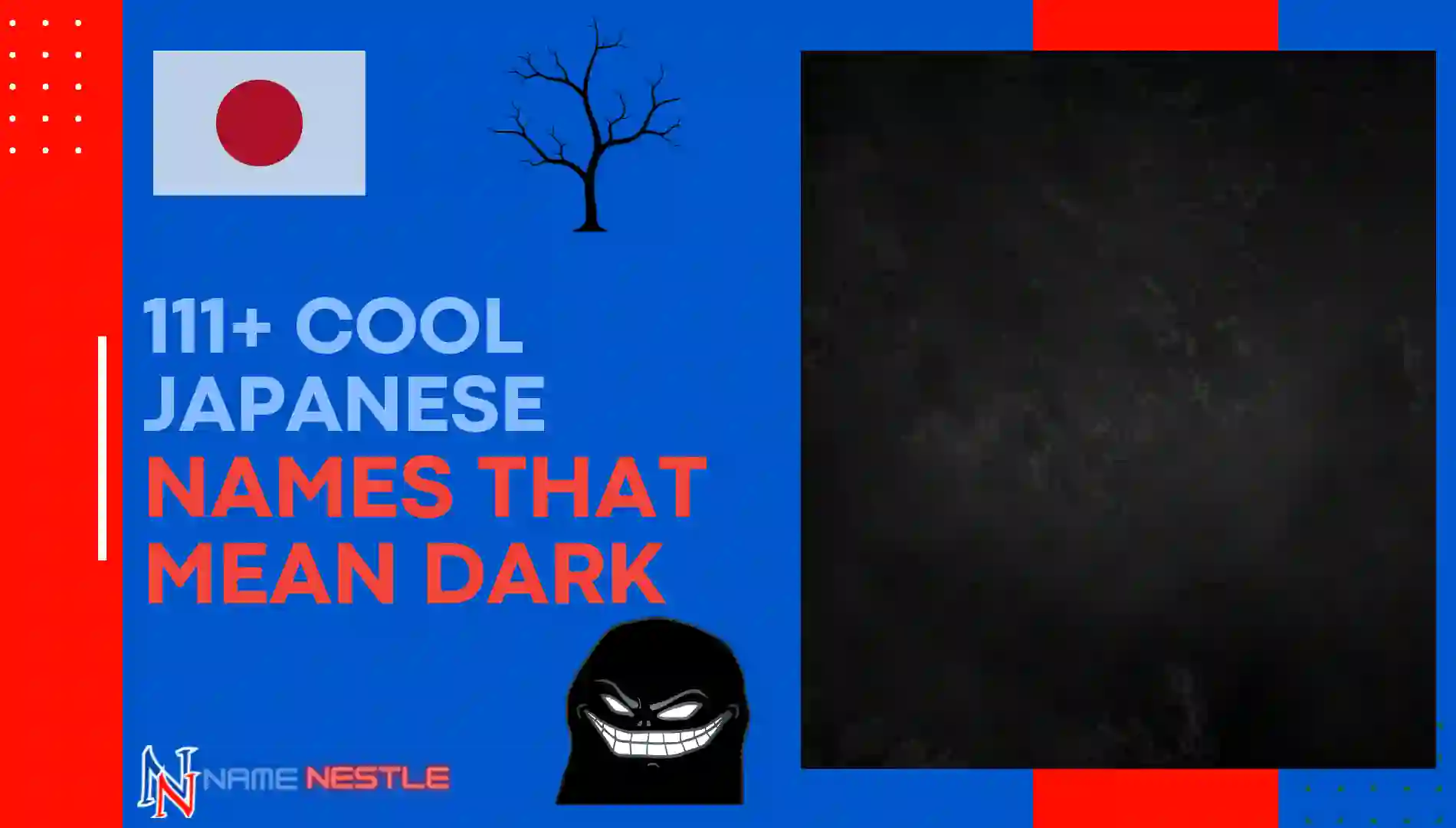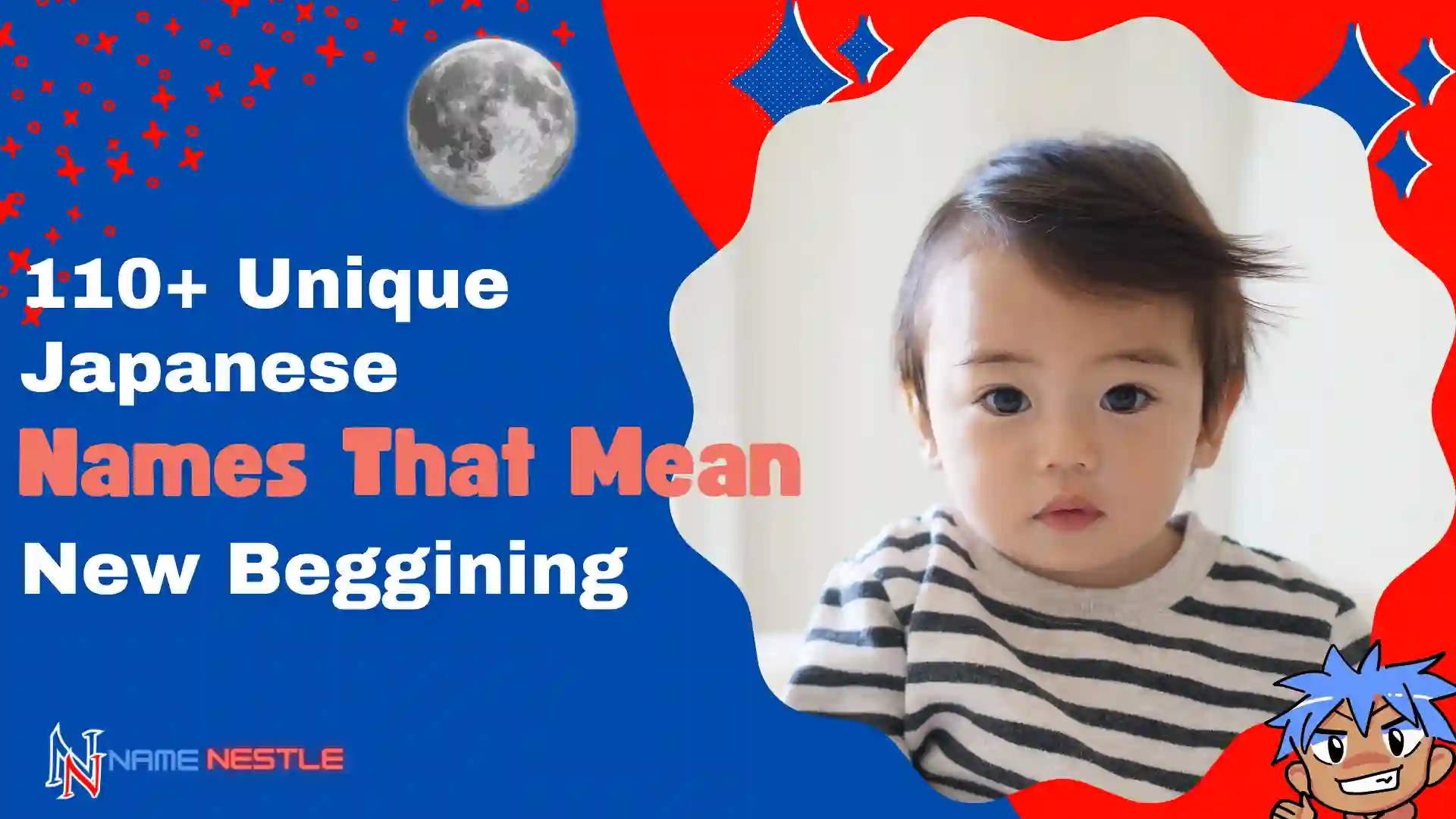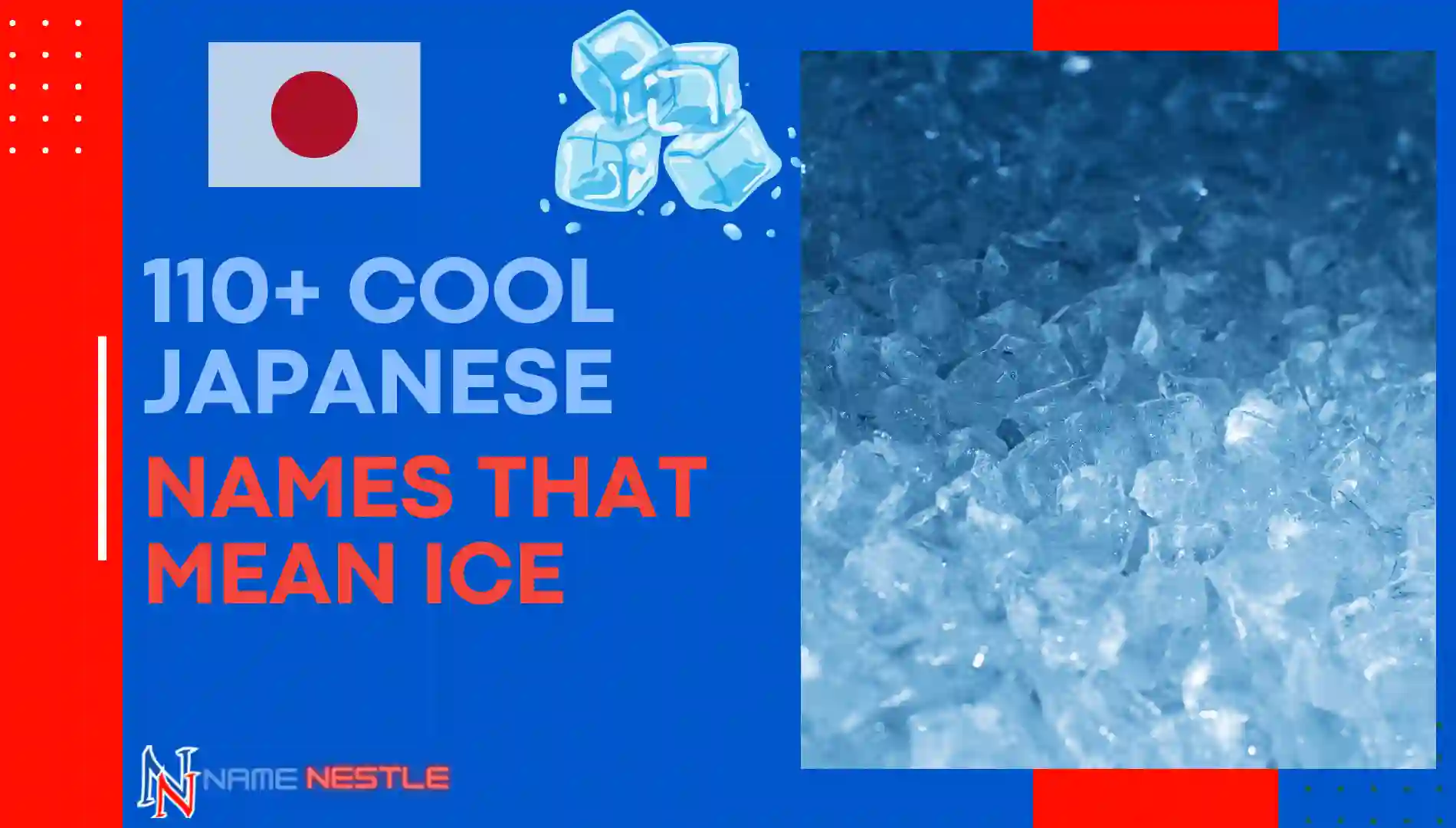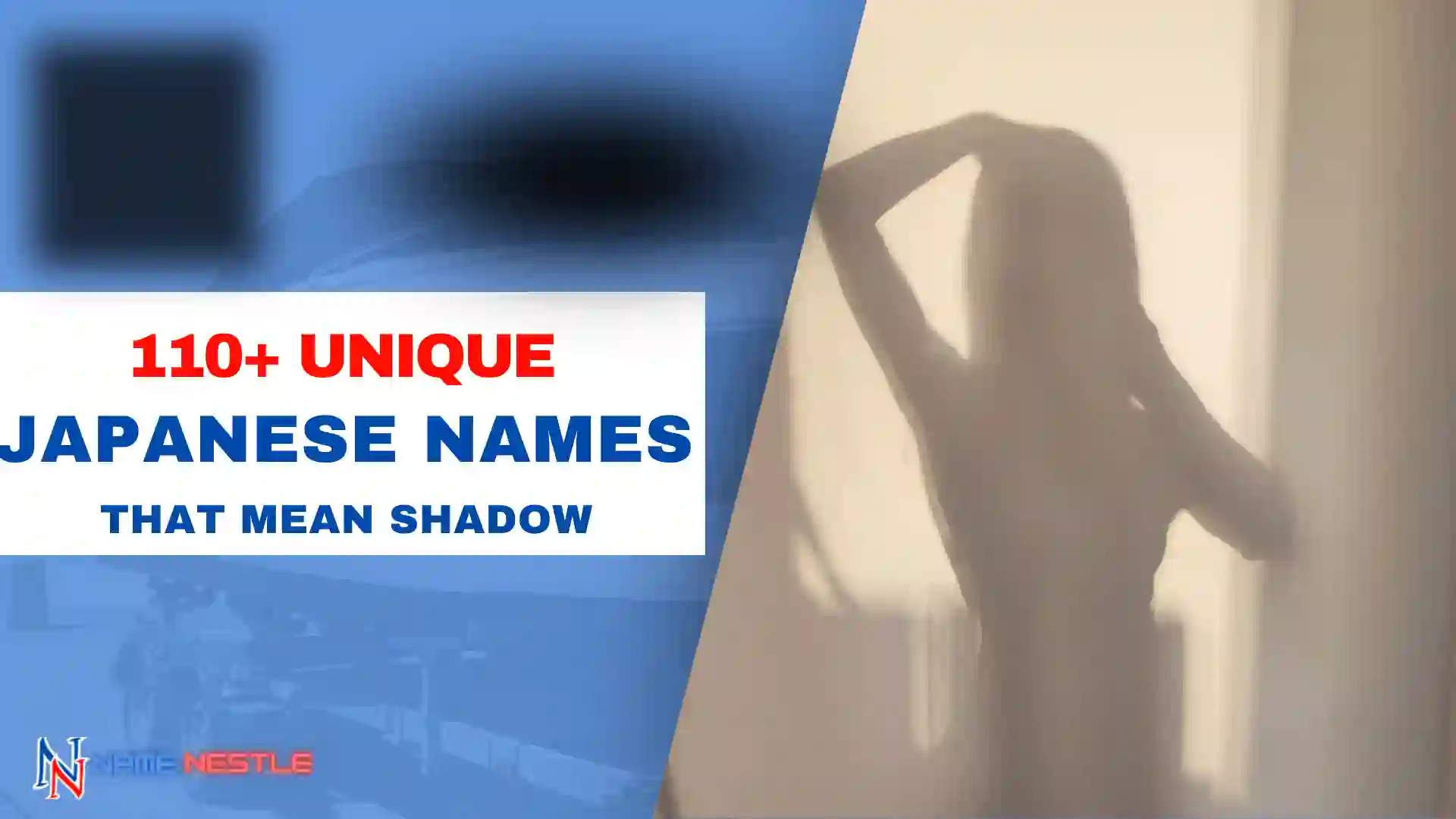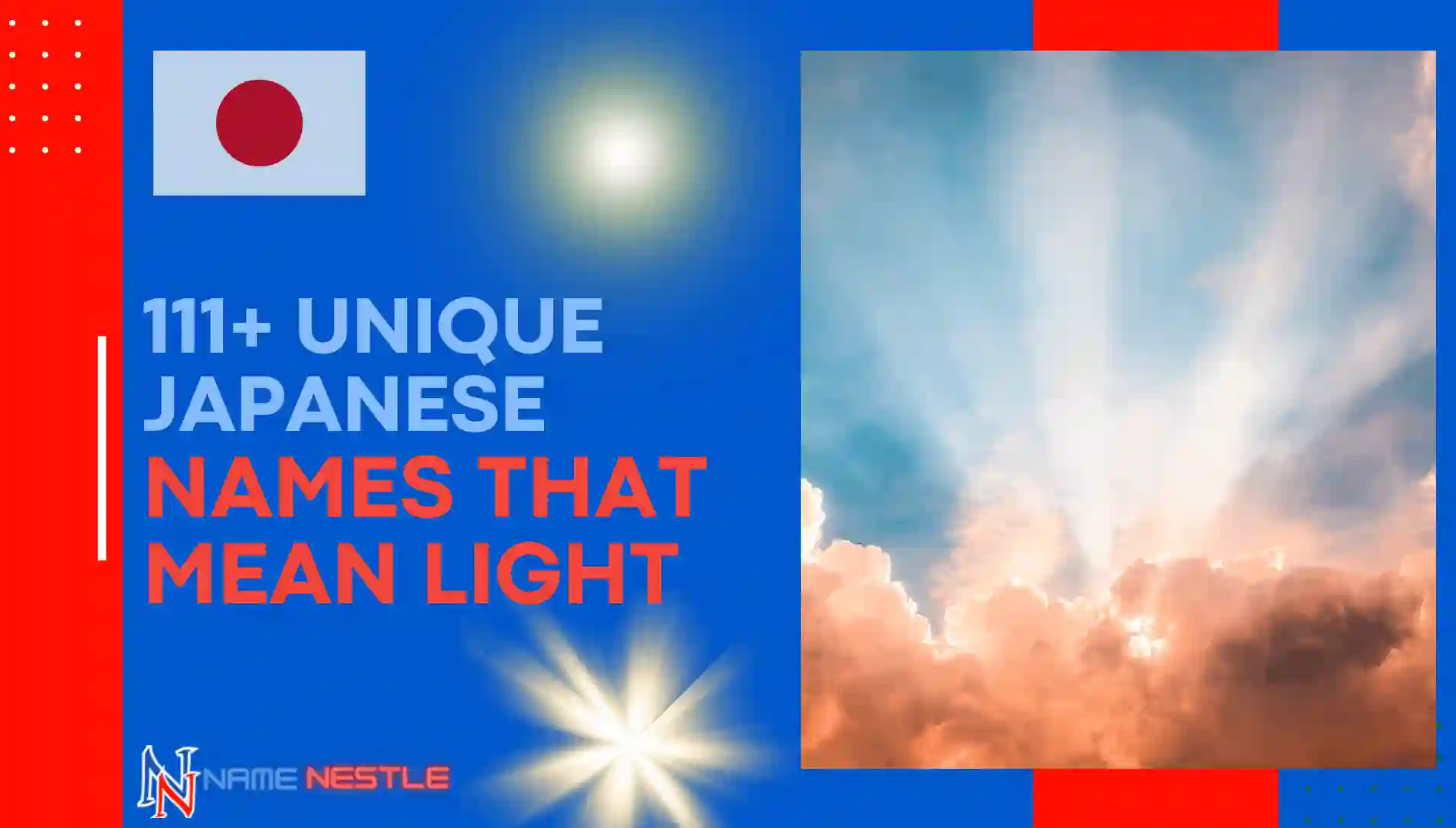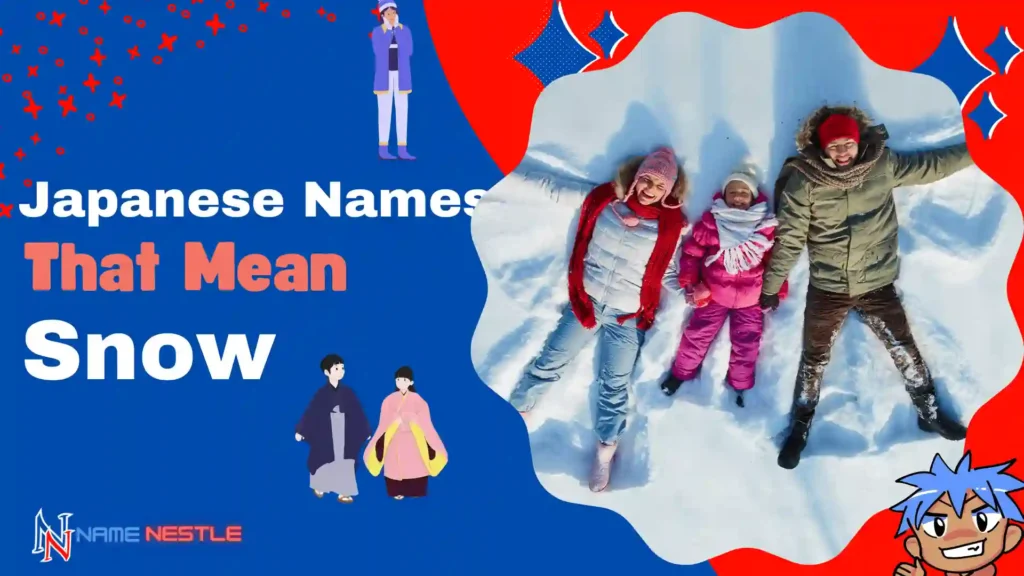
Winter brings a sense of calm and beauty, with its sparkling snowflakes and peaceful scenery. In Japanese culture, snow carries deep meaning, symbolizing purity, elegance, and the fleeting nature of life.
It’s no wonder then that Japanese names often reflect this admiration for snow, capturing its mystical essence.
In this article, we’ll dive into the meanings of these names, their cultural significance, and their importance in Japanese society. Join us as we uncover the hidden tales behind these names and appreciate the beauty they embody.
Japanese Names meaning Snow For Boys
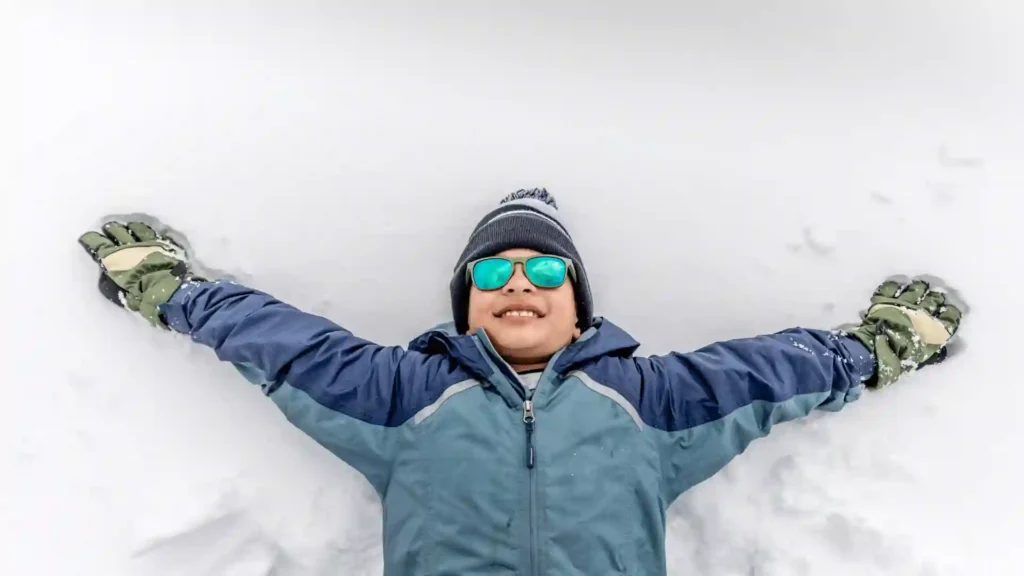
Japanese names often draw inspiration from the beauty and tranquility of nature, with snow holding a special place in the culture as a symbol of purity and serenity.
For boys, names that mean snow evoke imagery of crisp winter landscapes and the quiet elegance of falling flakes. Below are 30 captivating Japanese names that embody the essence of snow, each carrying its unique charm.
- Yukihiro
- Kanji: 雪広
- Meaning: Broad snow
- Pronunciation: YOO-kee-hee-roh
- Description: Represents the expansive beauty of snow-covered landscapes.
- Yukio
- Kanji: 雪男
- Meaning: Snow man
- Pronunciation: YOO-kee-oh
- Description: Evokes the strength and resilience of a figure amidst a winter storm.
- Yukitaro
- Kanji: 雪太郎
- Meaning: Big snow son
- Pronunciation: YOO-kee-to-roh
- Description: Conveys a sense of grandeur and nobility, like a prince of the snow.
- Setsuya
- Kanji: 雪哉
- Meaning: Snow question
- Pronunciation: SEHT-soo-yah
- Description: Reflects the enigmatic beauty and wonder of snowfall.
- Miyuki
- Kanji: 美雪
- Meaning: Beautiful snow
- Pronunciation: MEE-yoo-kee
- Description: Embodies the breathtaking beauty of snow-covered landscapes.
- Yukihiko
- Kanji: 雪彦
- Meaning: Snow prince
- Pronunciation: YOO-kee-hee-koh
- Description: Carries an air of nobility and grace, like a prince amidst a winter wonderland.
- Haruyuki
- Kanji: 春雪
- Meaning: Spring snow
- Pronunciation: HAH-roo-yoo-kee
- Description: Symbolizes the ephemeral beauty of snowflakes amidst the awakening of spring.
- Yukio
- Kanji: 雪男
- Meaning: Snow man
- Pronunciation: YOO-kee-oh
- Description: Evokes the strength and resilience of a figure amidst a winter storm.
- Yukito
- Kanji: 雪人
- Meaning: Snow person
- Pronunciation: YOO-kee-toh
- Description: Playful and whimsical, like a friendly snowman in a winter wonderland.
- Hatsuyuki
- Kanji: 初雪
- Meaning: First snow
- Pronunciation: HAHT-soo-yoo-kee
- Description: Symbolizes the enchantment of the first snowfall, a herald of winter’s arrival.
- Yukiharu
- Kanji: 雪春
- Meaning: Snow spring
- Pronunciation: YOO-kee-hah-roo
- Description: Conjures images of snow melting into the warmth of spring.
- Natsuyuki
- Kanji: 夏雪
- Meaning: Summer snow
- Pronunciation: NAH-tsoo-yoo-kee
- Description: Unusual and striking, like the rare phenomenon of snow in summertime.
- Yukimasa
- Kanji: 雪正
- Meaning: Snow justice
- Pronunciation: YOO-kee-mah-sah
- Description: Represents the purity and righteousness of snow, untouched by human hands.
- Yukinari
- Kanji: 雪成
- Meaning: Snow to become
- Pronunciation: YOO-kee-nah-ree
- Description: Symbolizes growth and transformation, like snowflakes melting into spring.
- Yukihito
- Kanji: 雪人
- Meaning: Snow person
- Pronunciation: YOO-kee-hee-toh
- Description: Playful and imaginative, like a figure crafted from freshly fallen snow.
- Yukiyasu
- Kanji: 雪康
- Meaning: Snow peace
- Pronunciation: YOO-kee-yah-soo
- Description: Embodies the tranquility and serenity of a snow-covered landscape.
- Yukiharu
- Kanji: 雪春
- Meaning: Snow spring
- Pronunciation: YOO-kee-hah-roo
- Description: Conjures images of snow melting into the warmth of spring.
- Yukio
- Kanji: 雪男
- Meaning: Snow man
- Pronunciation: YOO-kee-oh
- Description: Evokes the strength and resilience of a figure amidst a winter storm.
- Yukimaro
- Kanji: 雪麿
- Meaning: Snow boy
- Pronunciation: YOO-kee-mah-roh
- Description: Carries a sense of youthfulness and innocence, like a boy frolicking in the snow.
- Yukinobu
- Kanji: 雪信
- Meaning: Snow trust
- Pronunciation: YOO-kee-noh-boo
- Description: Reflects the reliability and purity of snow, a symbol of trust in nature.
- Yukito
- Kanji: 雪人
- Meaning: Snow person
- Pronunciation: YOO-kee-toh
- Description: Playful and whimsical, like a friendly snowman in a winter wonderland.
- Yukihide
- Kanji: 雪秀
- Meaning: Snow excellence
- Pronunciation: YOO-kee-hee-deh
- Description: Symbolizes the exceptional beauty and purity of snow.
- Yukitaka
- Kanji: 雪孝
- Meaning: Snow filial piety
- Pronunciation: YOO-kee-tah-kah
- Description: Reflects the reverence and respect for the snow-covered landscape.
- Yukihiko
- Kanji: 雪彦
- Meaning: Snow prince
- Pronunciation: YOO-kee-hee-koh
- Description: Conveys a sense of nobility and grace, like a prince amidst a winter wonderland.
- Yukizo
- Kanji: 雪蔵
- Meaning: Snow warehouse
- Pronunciation: YOO-kee-zoh
- Description: Unique and memorable, like a repository of winter’s beauty.
- Yukinobu
- Kanji: 雪信
- Meaning: Snow trust
- Pronunciation: YOO-kee-noh-boo
- Description: Reflects the reliability and purity of snow, a symbol of trust in nature.
- Yukimasa
- Kanji: 雪正
- Meaning: Snow justice
- Pronunciation: YOO-kee-mah-sah
- Description: Embodies the purity and righteousness of snow, untouched by human hands.
- Yukio
- Kanji: 雪男
- Meaning: Snow man
- Pronunciation: YOO-kee-oh
- Description: Evokes the strength and resilience of a figure amidst a winter storm.
- Yukihide
- Kanji: 雪秀
- Meaning: Snow excellence
- Pronunciation: YOO-kee-hee-deh
- Description: Symbolizes the exceptional beauty and purity of snow.
- Yukizo
- Kanji: 雪蔵
- Meaning: Snow warehouse
- Pronunciation: YOO-kee-zoh
- Description: Unique and memorable, like a repository of winter’s beauty.
Must Read: 110+ Beautiful Japanese Names That Mean New Beginning
Japanese Names meaning Snow For Girls
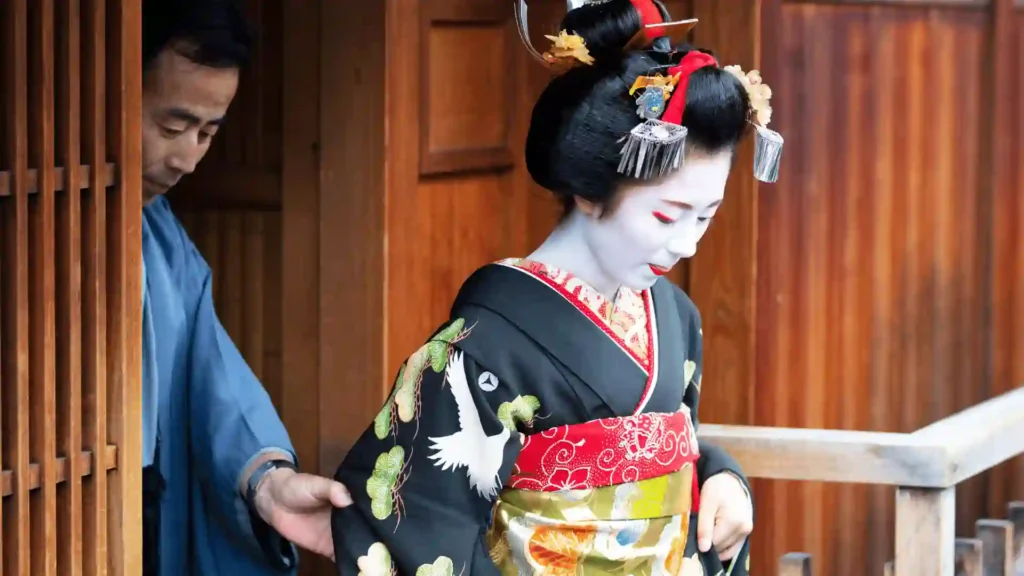
In Japanese culture, names often hold deep significance, reflecting elements of nature, history, and spirituality. For girls, names that mean snow carry an aura of purity, beauty, and tranquility.
Below are 30 enchanting Japanese names that embody the serene essence of snow, each with its own unique charm.
- Yuki
- Kanji: 雪
- Meaning: Snow
- Pronunciation: Yuki
- Yuki: A classic name meaning “snow”, symbolizing purity and tranquility.
- Yukiko
- Kanji: 雪子
- Meaning: Snow child
- Pronunciation: YOO-kee-koh
- Description: Evokes the innocence and wonder of a child amidst a snowy landscape.
- Miyuki
- Kanji: 美雪
- Meaning: Beautiful snow
- Pronunciation: MEE-yoo-kee
- Description: Reflects the breathtaking beauty of snow-covered landscapes.
- Yukina
- Kanji: 雪菜
- Meaning: Snow vegetable
- Pronunciation: YOO-kee-nah
- Description: Unique and memorable, like frost on winter greens.
- Setsuna
- Kanji: 刹那
- Meaning: Moment; instant
- Pronunciation: SEHT-soo-nah
- Description: Symbolizes the fleeting beauty of snowflakes, each moment precious and unique.
- Natsuyuki
- Kanji: 夏雪
- Meaning: Summer snow
- Pronunciation: NAH-tsoo-yoo-kee
- Description: Unusual and striking, like the rare occurrence of snow in summertime.
- Kiyuki
- Kanji: 清雪
- Meaning: Pure snow
- Pronunciation: KEE-yoo-kee
- Description: Represents the untainted beauty of freshly fallen snow.
- Fuyuki
- Kanji: 冬雪
- Meaning: Winter snow
- Pronunciation: FOO-yoo-kee
- Description: Conjures the serene atmosphere of a snowy winter landscape.
- Yukari
- Kanji: 雪莉
- Meaning: Snow pear
- Pronunciation: YOO-kah-ree
- Description: Delicate and sweet, like the fruit hanging from snow-laden branches.
- Yukiko
- Kanji: 雪子
- Meaning: Snow child
- Pronunciation: YOO-kee-koh
- Description: Carries a sense of innocence and wonder, like a child playing in the snow.
- Hatsuyuki
- Kanji: 初雪
- Meaning: First snow
- Pronunciation: HAHT-soo-yoo-kee
- Description: Symbolizes the enchantment of the first snowfall, a herald of winter’s arrival.
- Nanuki
- Kanji: 七雪
- Meaning: Seven snows
- Pronunciation: NAH-noo-kee
- Description: Unusual and symbolic, representing the mystical significance of the number seven.
- Yukana
- Kanji: 雪菜
- Meaning: Snow vegetable
- Pronunciation: YOO-kah-nah
- Description: Unique and refreshing, like frost on winter greens.
- Yukari
- Kanji: 雪梨
- Meaning: Snow pear
- Pronunciation: YOO-kah-ree
- Description: Reflects the delicate beauty of snow-covered landscapes.
- Shirayuki
- Kanji: 白雪
- Meaning: White snow
- Pronunciation: SHEE-rah-yoo-kee
- Description: Simple and elegant, like a landscape transformed by freshly fallen snow.
- Yukiko
- Kanji: 雪子
- Meaning: Snow child
- Pronunciation: YOO-kee-koh
- Description: Resonates with the innocence and joy of a child playing in the snow.
- Sorano
- Kanji: 空乃
- Meaning: Of the sky
- Pronunciation: SOH-rah-noh
- Description: Imbued with the vastness and purity of the winter sky, where snowflakes dance.
- Yukina
- Kanji: 雪菜
- Meaning: Snow vegetable
- Pronunciation: YOO-kee-nah
- Description: Captures the essence of winter, like frost on greens.
- Yukimi
- Kanji: 雪見
- Meaning: Snow viewing
- Pronunciation: YOO-kee-mee
- Description: Invites contemplation and appreciation of the serene beauty of snow-covered landscapes.
- Yukine
- Kanji: 雪音
- Meaning: Snow sound
- Pronunciation: YOO-kee-neh
- Description: Resonates with the gentle whisper of falling snow, a melody of tranquility.
- Yukiko
- Kanji: 雪子
- Meaning: Snow child
- Pronunciation: YOO-kee-koh
- Description: Carries a sense of innocence and wonder, like a child playing in the snow.
- Shimo
- Kanji: 霜
- Meaning: Frost
- Pronunciation: SHEE-moh
- Description: Reflects the delicate beauty of frost, adorning surfaces like miniature crystals.
- Yukime
- Kanji: 雪芽
- Meaning: Snow bud
- Pronunciation: YOO-kee-meh
- Description: Symbolizes the promise of new life amidst the winter chill, like a bud peeking through the snow.
- Yukimi
- Kanji: 雪見
- Meaning: Snow viewing
- Pronunciation: YOO-kee-mee
- Description: Evokes imagery of snow-covered landscapes captured in art, frozen in time.
- Yukina
- Kanji: 雪菜
- Meaning: Snow vegetable
- Pronunciation: YOO-kee-nah
- Description: Unique and memorable, like frost on winter greens.
- Yukiko
- Kanji: 雪子
- Meaning: Snow child
- Pronunciation: YOO-kee-koh
- Description: Conjures a sense of innocence and wonder, like a child playing in the snow.
- Sora
- Kanji: 空
- Meaning: Sky
- Pronunciation: SOH-rah
- Description: Represents the vast expanse of the winter sky, where snowflakes drift like gentle dreams.
- Yukari
- Kanji: 雪里
- Meaning: Snow village
- Pronunciation: YOO-kah-ree
- Description: Conjures visions of quaint villages blanketed in snow, nestled in the mountains.
- Yukihana
- Kanji: 雪花
- Meaning: Snow flower
- Pronunciation: YOO-kee-hah-nah
- Description: Delicate and beautiful, like a flower blossoming amidst winter’s embrace.
- Yukiko
- Kanji: 雪子
- Meaning: Snow child
- Pronunciation: YOO-kee-koh
- Description: Resonates with the innocence and joy of a child playing in the snow.
- Yukimaru
- Kanji: 雪丸
- Meaning: Snow circle
- Pronunciation: YOO-kee-mah-roo
- Description: Unique and whimsical, like patterns traced by snow angels in the winter landscape.
Must Read: 150+ Unique Japanese Names That Mean Moon
Gender-Neutral Japanese Names Meaning Snow
Japanese names often carry profound meanings, reflecting the beauty of nature and seasons. Here, we present a collection of 30 gender-neutral Japanese names that encapsulate the serene essence of snow. Each name not only evokes the imagery of delicate snowfall but also carries a sense of tranquility and purity.
- Yuki
- Kanji: 雪
- Meaning: Snow
- Pronunciation: YOO-kee
- A timeless name representing the pure and serene beauty of snow.
- Setsuna
- Kanji: 雪菜
- Meaning: Snow vegetable
- Pronunciation: Seht-SOO-nah
- Evoking the crisp freshness of snow and nature’s bounty.
- Natsuyuki
- Kanji: 夏雪
- Meaning: Summer snow
- Pronunciation: NAHT-soo-yoo-kee
- Symbolizing the rare and unexpected beauty found in contradictions.
- Hatsuyuki
- Kanji: 初雪
- Meaning: First snow
- Pronunciation: HAHT-soo-yoo-kee
- Marking the beginning of a new chapter, akin to the first snowfall of winter.
- Yukito
- Kanji: 雪斗
- Meaning: Snow and big dipper
- Pronunciation: YOO-kee-toh
- Reflecting the celestial beauty and vastness of snow-laden skies.
- Kiyuki
- Kanji: 清雪
- Meaning: Pure snow
- Pronunciation: Kee-YOO-kee
- Signifying the untainted and pristine nature of snow.
- Fuyuki
- Kanji: 冬雪
- Meaning: Winter snow
- Pronunciation: Foo-YOO-kee
- Embodying the serene stillness and quiet beauty of winter’s snow.
- Sorayuki
- Kanji: 空雪
- Meaning: Snow in the sky
- Pronunciation: Soh-rah-YOO-kee
- Conjuring images of ethereal snowflakes dancing against a clear blue sky.
- Haruyuki
- Kanji: 春雪
- Meaning: Spring snow
- Pronunciation: Hah-roo-YOO-kee
- Representing the delicate balance between winter’s end and spring’s arrival.
- Yukimi
- Kanji: 雪美
- Meaning: Beautiful snow
- Pronunciation: YOO-kee-mee
- Celebrating the breathtaking beauty and elegance of snow.
- Kazuyuki
- Kanji: 和雪
- Meaning: Harmonious snow
- Pronunciation: Kah-zoo-YOO-kee
- Reflecting the peaceful and harmonious qualities of snowfall.
- Koharu
- Kanji: 小春
- Meaning: Little spring
- Pronunciation: Koh-hah-roo
- Symbolizing the delicate transition from winter’s cold to spring’s warmth.
- Yukino
- Kanji: 雪乃
- Meaning: Of the snow
- Pronunciation: YOO-kee-noh
- Capturing the essence of being intertwined with the beauty of snow.
- Masayuki
- Kanji: 昌雪
- Meaning: Prosperous snow
- Pronunciation: Mah-sah-YOO-kee
- Signifying abundance and prosperity amidst the cold purity of snow.
- Akiyuki
- Kanji: 明雪
- Meaning: Bright snow
- Pronunciation: Ah-kee-YOO-kee
- Illuminating the darkness of winter with its radiant presence.
- Yukiko
- Kanji: 雪子
- Meaning: Snow child
- Pronunciation: YOO-kee-koh
- Conjuring images of innocence and purity, akin to a child’s wonder at snowfall.
- Nobuyuki
- Kanji: 信雪
- Meaning: Snow of trust
- Pronunciation: Noh-boo-YOO-kee
- Symbolizing the steadfastness and reliability found in the purity of snow.
- Yukari
- Kanji: 雪莉
- Meaning: Snow jasmine
- Pronunciation: YOO-kah-ree
- Infusing the elegance of delicate flowers with the pristine beauty of snow.
- Kiyoshi
- Kanji: 清
- Meaning: Pure
- Pronunciation: Kee-yoh-shee
- Reflecting the unblemished purity and clarity often associated with snow.
- Kazuki
- Kanji: 和希
- Meaning: Harmony and hope
- Pronunciation: Kah-zoo-kee
- Embodying the optimism and tranquility inspired by snow.
- Yukari
- Kanji: 友香里
- Meaning: Friend from a snowy village
- Pronunciation: YOO-kah-ree
- Conjuring warmth and camaraderie amidst the cold embrace of snow.
- Noboru
- Kanji: 昇
- Meaning: To ascend
- Pronunciation: Noh-boh-roo
- Symbolizing the rising spirit and resilience mirrored in the quiet strength of snow.
- Yutaka
- Kanji: 豊
- Meaning: Abundance
- Pronunciation: YOO-tah-kah
- Reflecting the richness and fertility that snow brings to the earth.
- Yuzuru
- Kanji: 弓弦
- Meaning: Bowstring
- Pronunciation: YOO-zoo-roo
- Evoking the graceful arcs and delicate patterns of falling snow.
- Sora
- Kanji: 空
- Meaning: Sky
- Pronunciation: Soh-rah
- Symbolizing the vast expanse and boundless freedom of snow-laden skies.
- Natsuki
- Kanji: 夏希
- Meaning: Summer hope
- Pronunciation: NAHT-soo-kee
- Inspiring optimism and renewal, akin to the promise of summer amidst winter’s chill.
- Yutaro
- Kanji: 優太郎
- Meaning: Gentle and thick son
- Pronunciation: YOO-tah-roh
- Reflecting strength and tenderness, reminiscent of the layers of snowfall.
- Yuri
- Kanji: 百合
- Meaning: Lily
- Pronunciation: YOO-ree
- Infusing the purity and elegance of lilies with the tranquil beauty of snow.
- Satsuki
- Kanji: 皐月
- Meaning: Fifth month
- Pronunciation: Saht-soo-kee
- Signifying the delicate balance between the lingering cold of winter and the awakening of spring.
- Tsubasa
- Kanji: 翼
- Meaning: Wings
- Pronunciation: TSOO-bah-sah
- Evoking the sense of freedom and upliftment found amidst the quiet serenity of snow.
Must Read: 150+ Amazing Japanese Names That Mean Water
Cool Japanese Names That Mean Snow
Japanese names often carry profound meanings, reflecting the beauty and wonder of nature. Snow, with its serene and ethereal quality, inspires a plethora of names that evoke its purity and tranquility. Below are 30 cool Japanese names that embody the essence of snow, each with its unique significance.
- Yuki
- Kanji: 雪
- Meaning: Snow
- Pronunciation: YOO-kee
- Description: A timeless name symbolizing the delicate beauty of snow.
- Setsuna
- Kanji: 刹那
- Meaning: Moment; instant
- Pronunciation: SEHT-soo-nah
- Description: Captures the fleeting nature of snowflakes, each moment unique and ephemeral.
- Miyuki
- Kanji: 美雪
- Meaning: Beautiful snow
- Pronunciation: MEE-yoo-kee
- Description: Conjures images of pristine snowscapes, exuding a sense of beauty and purity.
- Hatsuyuki
- Kanji: 初雪
- Meaning: First snow
- Pronunciation: HAHT-soo-yoo-kee
- Description: Represents the enchantment of the first snowfall, a herald of winter’s arrival.
- Natsuyuki
- Kanji: 夏雪
- Meaning: Summer snow
- Pronunciation: NAH-tsoo-yoo-kee
- Description: Unusual and striking, like the rare phenomenon of snow in summertime.
- Kiyomu
- Kanji: 清雪
- Meaning: Pure snow
- Pronunciation: KEE-yoh-moo
- Description: Reflects the untainted beauty of freshly fallen snow, untouched by impurities.
- Fuyuki
- Kanji: 冬雪
- Meaning: Winter snow
- Pronunciation: FOO-yoo-kee
- Description: Evokes the serene atmosphere of a snowy winter landscape.
- Yukiko
- Kanji: 雪子
- Meaning: Snow child
- Pronunciation: YOO-kee-koh
- Description: Carries a sense of innocence and wonder, like a child playing in the snow.
- Sorano
- Kanji: 空乃
- Meaning: Of the sky
- Pronunciation: SOH-rah-noh
- Description: Imbued with the vastness and purity of the winter sky, where snowflakes dance.
- Yukina
- Kanji: 雪菜
- Meaning: Snow vegetable
- Pronunciation: YOO-kee-nah
- Description: Unique and memorable, like the delicate frost on winter greens.
- Shiroi
- Kanji: 白い
- Meaning: White
- Pronunciation: SHEE-roh-ee
- Description: Simple yet striking, reminiscent of the pristine whiteness of snow.
- Tsumoru
- Kanji: 積もる
- Meaning: To pile up; to accumulate
- Pronunciation: tsoo-MOH-roo
- Description: Reflects the gradual accumulation of snow, building layer upon layer.
- Yukito
- Kanji: 雪人
- Meaning: Snow person
- Pronunciation: YOO-kee-toh
- Description: Playful and whimsical, like a friendly snowman in a winter wonderland.
- Mizore
- Kanji: 霙
- Meaning: Sleet
- Pronunciation: mee-ZOH-reh
- Description: Unconventional and mysterious, akin to the beauty of frozen rain.
- Yukimura
- Kanji: 雪村
- Meaning: Snow village
- Pronunciation: YOO-kee-moo-rah
- Description: Conjures visions of quaint villages blanketed in snow, nestled in the mountains.
- Kohaku
- Kanji: 琥珀
- Meaning: Amber
- Pronunciation: koh-HAH-koo
- Description: Evokes the warm hues of sunlight reflecting off snow-covered landscapes.
- Yukihime
- Kanji: 雪姫
- Meaning: Snow princess
- Pronunciation: YOO-kee-hee-meh
- Description: Regal and enchanting, like a royal figure amidst a wintry palace.
- Nanuki
- Kanji: 七雪
- Meaning: Seven snows
- Pronunciation: NAH-noo-kee
- Description: Unusual and symbolic, representing the mystical significance of the number seven.
- Aomori
- Kanji: 青森
- Meaning: Blue forest
- Pronunciation: ah-oh-MOH-ree
- Description: Conjures images of snowy forests tinged with shades of blue under the winter sky.
- Yukizora
- Kanji: 雪空
- Meaning: Snow sky
- Pronunciation: YOO-kee-zoh-rah
- Description: Reflects the ethereal beauty of a sky filled with falling snowflakes.
- Shirayuki
- Kanji: 白雪
- Meaning: White snow
- Pronunciation: SHEE-rah-yoo-kee
- Description: Simple and elegant, like a landscape transformed by freshly fallen snow.
- Setsuko
- Kanji: 雪子
- Meaning: Snow child
- Pronunciation: SEHT-soo-koh
- Description: Resonates with the innocence and joy of a child playing in the snow.
- Yukimaru
- Kanji: 雪丸
- Meaning: Snow circle
- Pronunciation: YOO-kee-mah-roo
- Description: Unique and whimsical, like patterns traced by snow angels in the winter landscape.
- Shimo
- Kanji: 霜
- Meaning: Frost
- Pronunciation: SHEE-moh
- Description: Reflects the delicate beauty of frost, adorning surfaces like miniature crystals.
- Yukie
- Kanji: 雪絵
- Meaning: Snow picture
- Pronunciation: YOO-kee-eh
- Description: Evokes imagery of snow-covered landscapes captured in art, frozen in time.
- Sora
- Kanji: 空
- Meaning: Sky
- Pronunciation: SOH-rah
- Description: Represents the vast expanse of the winter sky, where snowflakes drift like gentle dreams.
- Yukiji
- Kanji: 雪路
- Meaning: Snow path
- Pronunciation: YOO-kee-jee
- Description: Symbolizes the journey through a serene winter landscape, where every step leaves a mark in the snow.
- Shinsetsu
- Kanji: 真雪
- Meaning: True snow
- Pronunciation: sheen-SEHT-soo
- Description: Represents the essence of snow in its purest form, untouched by human hands.
- Yukimi
- Kanji: 雪見
- Meaning: Snow viewing
- Pronunciation: YOO-kee-mee
- Description: Invites contemplation and appreciation of the serene beauty of snow-covered landscapes.
- Kogarashi
- Kanji: 木枯
- Meaning: Wintry wind
- Pronunciation: koh-gah-rah-shee
- Description: Conjures the image of the icy wind that accompanies snowfall, heralding the arrival of winter’s chill.
Creative Japanese Names That Mean Snow
In the realm of Japanese names, creativity knows no bounds, and when it comes to names that mean snow, the possibilities are endless.
Each name evokes a sense of wonder, beauty, and serenity, capturing the essence of snow in its unique way. Below are 30 creatively crafted Japanese names that embody the magic of snow, each with its captivating charm.
Yukiharu
- Kanji: 雪春
- Meaning: Snow spring
- Pronunciation: YOO-kee-hah-roo
- Description: Conjures images of snow melting into the warmth of spring.
Setsuyuki
- Kanji: 雪幸
- Meaning: Snow happiness
- Pronunciation: SEHT-soo-yoo-kee
- Description: Reflects the joy and contentment brought by a snow-covered landscape.
Kazuyuki
- Kanji: 一雪
- Meaning: First snow
- Pronunciation: kah-zoo-yoo-kee
- Description: Symbolizes the anticipation and excitement of the first snowfall.
Sorayuki
- Kanji: 空雪
- Meaning: Sky snow
- Pronunciation: SOH-rah-yoo-kee
- Description: Evokes the ethereal beauty of snowflakes falling from the heavens.
Yukisora
- Kanji: 雪空
- Meaning: Snow sky
- Pronunciation: YOO-kee-soh-rah
- Description: Reflects the serene beauty of a sky filled with falling snowflakes.
Koharuyuki
- Kanji: 小春雪
- Meaning: Small spring snow
- Pronunciation: koh-hah-roo-yoo-kee
- Description: Conjures images of delicate snowflakes amidst the early days of spring.
Yukihana
- Kanji: 雪花
- Meaning: Snow flower
- Pronunciation: YOO-kee-hah-nah
- Description: Delicate and beautiful, like a flower blossoming amidst winter’s embrace.
Sekkoyuki
- Kanji: 雪迎
- Meaning: Welcoming snow
- Pronunciation: sehk-koh-yoo-kee
- Description: Symbolizes the warmth and hospitality of a snow-covered landscape.
Yukibara
- Kanji: 雪薔薇
- Meaning: Snow rose
- Pronunciation: YOO-kee-bah-rah
- Description: Elegant and enchanting, like a rose blooming amidst the snow.
Akiyuki
- Kanji: 秋雪
- Meaning: Autumn snow
- Pronunciation: ah-kee-yoo-kee
- Description: Evokes the beauty of snowflakes amidst the golden hues of autumn.
Yukizumi
- Kanji: 雪泉
- Meaning: Snow spring
- Pronunciation: YOO-kee-zoo-mee
- Description: Reflects the purity and clarity of a spring fed by melting snow.
Kohakuyuki
- Kanji: 琥珀雪
- Meaning: Amber snow
- Pronunciation: koh-hah-koo-yoo-kee
- Description: Conjures images of snow adorned with the warm hues of amber.
Yukimugi
- Kanji: 雪麦
- Meaning: Snow wheat
- Pronunciation: YOO-kee-moo-gee
- Description: Unique and earthy, like fields of wheat dusted with snow.
Yukizakura
- Kanji: 雪桜
- Meaning: Snow cherry blossom
- Pronunciation: YOO-kee-zah-koo-rah
- Description: Captures the ephemeral beauty of cherry blossoms amidst a snowy landscape.
Tsumayuki
- Kanji: 積雪
- Meaning: Accumulated snow
- Pronunciation: tsoo-mah-yoo-kee
- Description: Reflects the quiet beauty of snow piled up over time.
Yukigumo
- Kanji: 雪雲
- Meaning: Snow cloud
- Pronunciation: YOO-kee-goo-moh
- Description: Evokes the soft, billowy clouds that bring snowfall.
Hikariyuki
- Kanji: 光雪
- Meaning: Light snow
- Pronunciation: hee-kah-ree-yoo-kee
- Description: Reflects the soft glow of sunlight on a snowy landscape.
Yukidama
- Kanji: 雪玉
- Meaning: Snowball
- Pronunciation: YOO-kee-dah-mah
- Description: Playful and spirited, like a snowball ready for a winter game.
Yukikaze
- Kanji: 雪風
- Meaning: Snow wind
- Pronunciation: YOO-kee-kah-zeh
- Description: Conjures images of gentle breezes carrying snowflakes through the air.
Yukiryo
- Kanji: 雪寮
- Meaning: Snow dwelling
- Pronunciation: YOO-kee-ryo
- Description: Reflects the cozy comfort of a home amidst a winter wonderland.
Yukihoshi
- Kanji: 雪星
- Meaning: Snow star
- Pronunciation: YOO-kee-hoh-shee
- Description: Radiant and twinkling, like stars glimmering on a frosty night.
Yukikaze
- Kanji: 雪風
- Meaning: Snow wind
- Pronunciation: YOO-kee-kah-zeh
- Description: Conjures images of gentle breezes carrying snowflakes through the air.
Yukisabaki
- Kanji: 雪裁き
- Meaning: Snow cutter
- Pronunciation: YOO-kee-sah-bah-kee
- Description: Represents the transformative power of snow, shaping the landscape with its gentle touch.
Yukimaro
- Kanji: 雪麿
- Meaning: Snow boy
- Pronunciation: YOO-kee-mah-roh
- Description: Carries a sense of youthfulness and innocence, like a boy frolicking in the snow.
Yukizora
- Kanji: 雪空
- Meaning: Snow sky
- Pronunciation: YOO-kee-soh-rah
- Description: Reflects the serene beauty of a sky filled with falling snowflakes.
Yukiboshi
- Kanji: 雪星
- Meaning: Snow star
- Pronunciation: YOO-kee-boh-shee
- Description: Radiant and sparkling, like stars illuminating a winter night sky.
Yukiharu
- Kanji: 雪春
- Meaning: Snow spring
- Pronunciation: YOO-kee-hah-roo
- Description: Conjures images of snow melting into the warmth of spring.
Yukitora
- Kanji: 雪虎
- Meaning: Snow tiger
- Pronunciation: YOO-kee-toh-rah
- Description: Strong and majestic, like a tiger prowling through a snow-covered forest.
Yukimochi
- Kanji: 雪持ち
- Meaning: Snow holder
- Pronunciation: YOO-kee-moh-chee
- Description: Symbolizes the endurance and resilience of a landscape blanketed in snow.
Yukinobu
- Kanji: 雪信
- Meaning: Snow trust
- Pronunciation: YOO-kee-noh-boo
- Description: Reflects the reliability and purity of snow, a symbol of trust in nature.
Reasons to Choose a Japanese Name Meaning Snow for Your Baby:
- Winter Birth Connection: If your baby is born in winter, giving them a name meaning snow can be fitting and meaningful, aligning with the season of their birth.
- Serenity and Peace: Japanese names associated with snow often evoke feelings of tranquility and peace, creating a serene aura around your child.
- Symbolism of Purity: Snow symbolizes purity, making a name with such meaning exceptionally beautiful and symbolic of innocence and cleanliness.
- Reflecting Calmness: Names inspired by snow reflect the calm and quiet nature of the winter landscape, portraying a sense of tranquility and composure.
- Connection to Happiness: Snow is often associated with happiness, and a name meaning snow can bring joy and positivity, symbolizing a cheerful and delightful presence.
Final words:
I hope you’ve discovered the perfect name for your little one in this article! Choosing a baby’s name is a significant task as it stays with them for life. Parents are always careful and excited to pick the right name. Snow-related names offer a natural and unique option. Trust your instincts and find the perfect name for your precious baby!
Sayonara!

